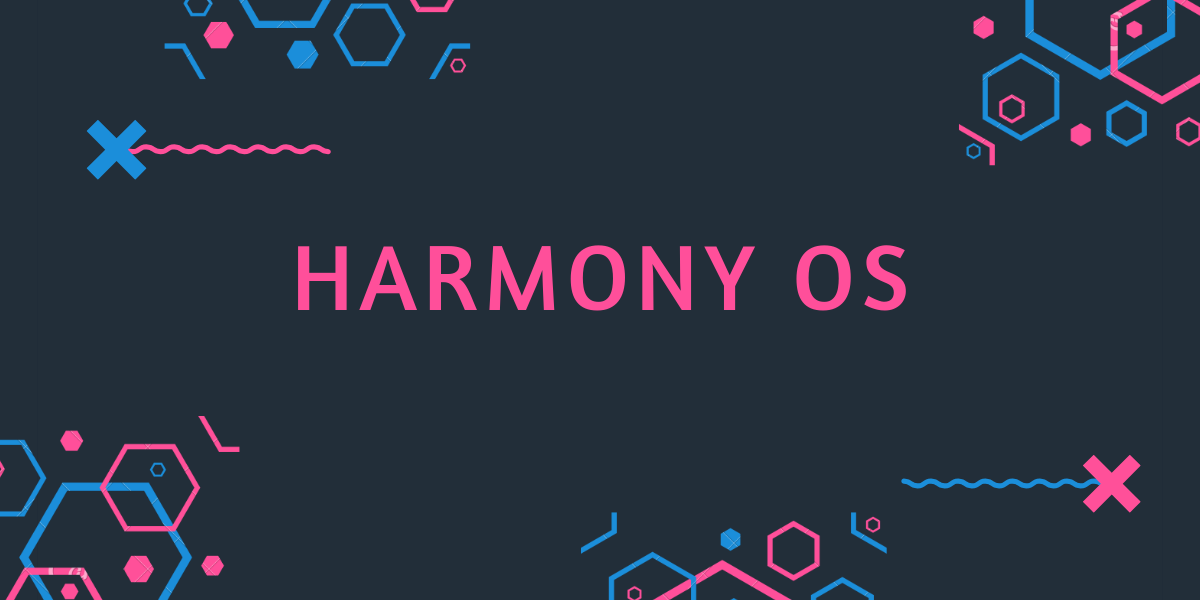For the past couple of months, there were rumors of Huawei working on multiple operating systems. Today, the Chinese tech giant showcased their new distributed operating system – Harmony OS at the Huawei Developer Conference in China. It will power smart devices like smartwatches, smart screens, in-vehicle systems, and smart speakers.
Harmony OS is a light, compact OS that’s aimed at a shared ecosystem across devices. It employs distributed architecture and distributed virtual bus technology for distributed data management, distributed task scheduling, and virtual peripherals.
Harmony OS features
Apps built on Harmony OS will work on different devices, rendering a seamless and collaborative experience. It has an Integrated Development Environment that’s compatible with multi-devices and multi-languages. The OS reportedly can automatically adapt to different screen layout controls and interactions and support both drag-and-drop control and preview-oriented visual programming.
ALSO READ: Google Pixel 4 preview: release date, price, news, leaks and everything we know so far
The Huawei ARK Compiler claims to perform on par with Android’s virtual machine. So, the developers could possibly compile a broad range of advanced languages into the machine code.
It is equipped with a Deterministic Latency Engine and a high-performance Inter-Process Communication (IPC). The former can allocate resources real-time, unlike Linux which depends on fair scheduling mechanism. This is estimated to reduce response latency between different resources by around 25.7%. The microkernel aids an efficient performance of IPC.
ALSO READ: Samsung Galaxy Note 10 series goes official at the Unpacked 2019 event
Huawei claims to bet heavily on safety and security and its new OS lacks root access. The microkernel works in isolation and provides only the most basic services like thread scheduling and IPC.
It applies a formal certification called the Trusted Execution Environment (TEE), which validates critical requests using a mathematical approach. In contrast to the Linux Kernel, this one’s less fragmented and comes with much less code. This should further reduce the probability of attacks.
Could Harmony OS be an Android Alternative?
Going by Huawei claims, Harmony OS seems to have a certain performance edge over Google Fushcia and Android (Linux), as Huawei has had the opportunity of learning from other software limitations. Huawei hasn’t disclosed any plan for smartphones. But considering, Android OS wasn’t built for phones either, we will see what the future holds.
